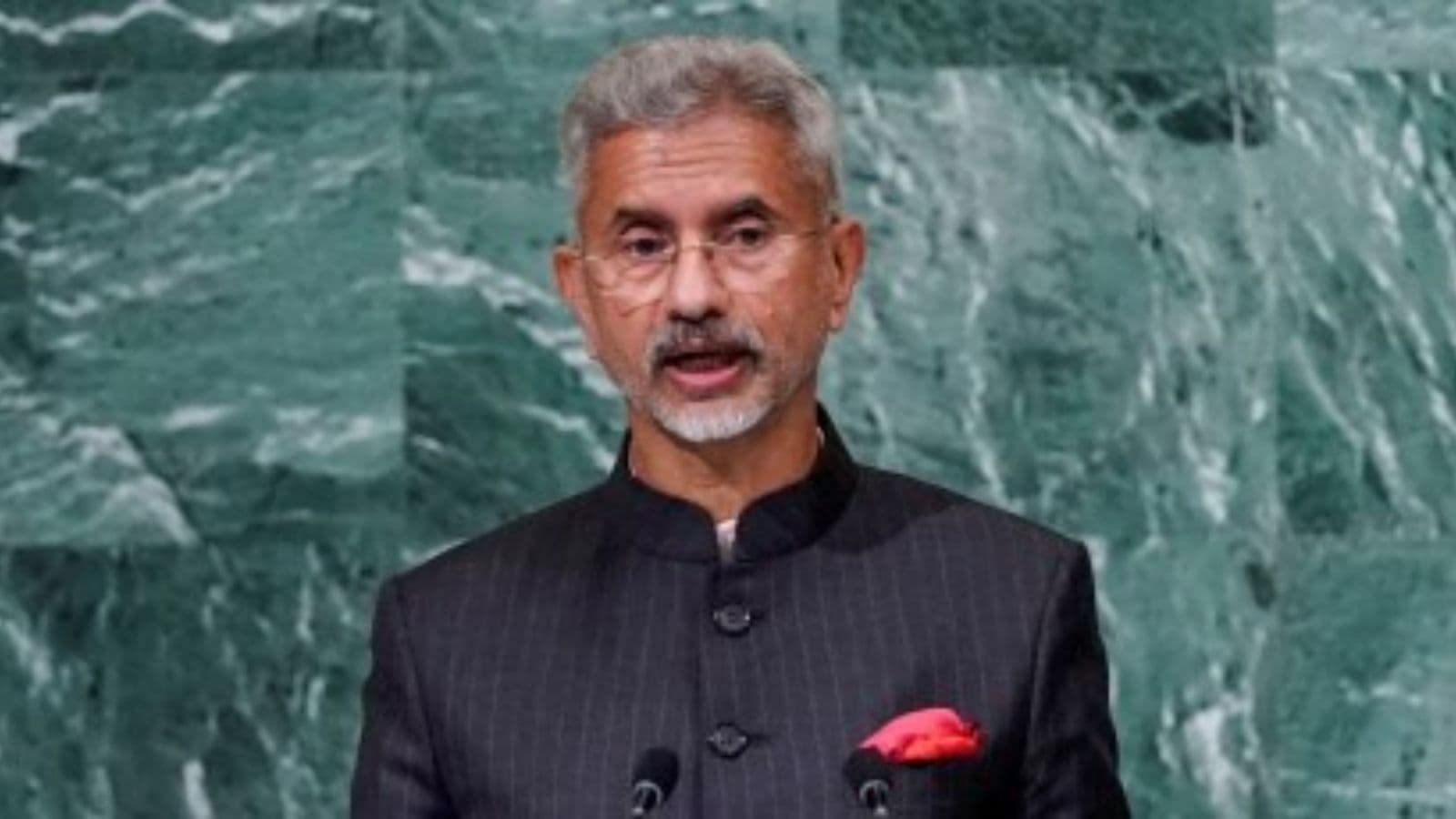The Union government’s plan to unveil the UMEED portal to digitise the registration process for Waqf properties across India has met with expected criticism from Muslim bodies, notably, the All India Muslim Personal Law Board which is planning to challenge the move in the Supreme Court.
The Board contends that at a time when petitions challenging the Waqf (Amendment) Act, 2025 are under consideration of the Supreme Court such a move is tantamount to contempt of court. The UMEED portal, it is claimed, is based on the recommendations of the Act.
Judgment reserved
The Supreme Court, it may be noted, has heard several petitions against the Waqf Act, including those by many Muslim bodies, and reserved its judgment in the final hearing last month.
“The Waqf Act 2025 is currently under consideration in the Supreme Court. Most Muslim organisations have rejected it. The Opposition parties, human rights organisations, as well as Sikh, Christian, and other minority communities have also declared it unacceptable. It is unfortunate that despite this, the government is launching the Waqf Umeed Portal from June 6 to make the registration of Waqf properties mandatory. This is entirely illegal and constitutes contempt of court,” said All India Muslim Personal Law Board president Maulana Khalid Saifullah Rahmani.
The Board has appealed to State Waqf Boards besides common Muslim citizens to refrain from registering Waqf properties on this portal until the court delivers its verdict. “It seems like a move to implement the Waqf Act through the back door,” a Board official said on condition of anonymity.
The AIMPLB fears the government through the portal UMEED, an acronym for Unified Waqf Management, Empowerment, Efficiency, and Development, ostensibly meant to usher in greater transparency and better management of Waqf properties, is using it as a ruse to stake claim on Muslim properties through the Waqf-by-User clause in the new Act. The clause has been hotly contested in the Supreme Court.
Property registration mandatory
Incidentally, the UMEED portal makes the registration of Waqf properties mandatory and aims to integrate them all into a centralised digital platform. Developed under the provisions of the Waqf (Amendment) Act, the portal will require all Waqf properties to be registered within six months of its launch. The registration is said to be a long drawn-out process, needing comprehensive details of the property.
The Minority Affairs Ministry, under which the portal will operate, has offered technical assistance besides detailed guidelines on the process of registering a property. The AIMPLB, however, contends that, if implemented, any Waqf property not registered on the portal, may be treated as disputed, and the community may even lose ownership over it.
“The registration is entirely based on the disputed law, which has been challenged in court, and labelled unconstitutional. Therefore, the Muslim Personal Law Board strongly opposes it. We will soon approach the apex court against this move of the government,” Mr. Rahmani said.
Published - June 04, 2025 09:34 pm IST



.png)
.png)
.png)
















 3 days ago
7
3 days ago
7










 English (US) ·
English (US) ·